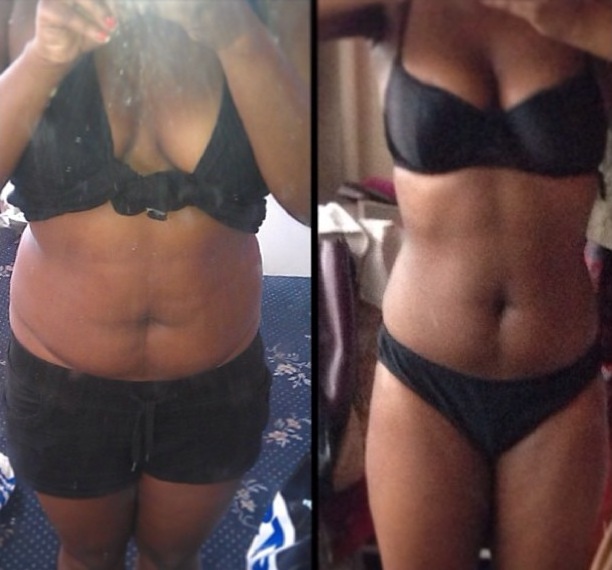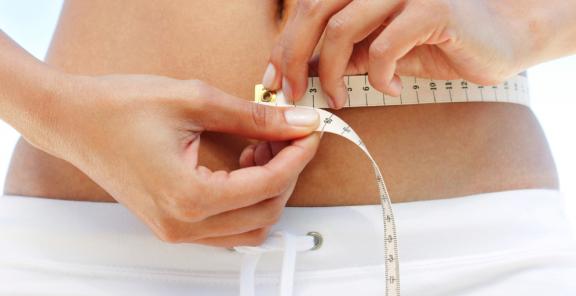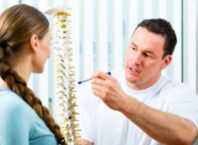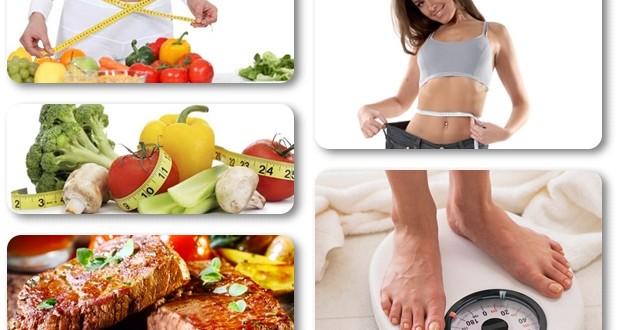About one-fourth of adult Americans are obese. This increases the risk of death from high blood pressure, diabetes and heart disease. Traditional weight loss techniques like low calorie diets are recommended in order to lose 800 to 1500 calories a day.
Combined with regular exercise, obese American will shed off those excess pounds in no time. Another method that brings significant weight loss in a short amount of time is the very low calorie diet or the VLCD.
The very low calorie diet or VLCDs are generally commercially prepared to lose 800 calories or less by replacing the usual food intake of the individual. This is not similar to the over-the-counter meal alternatives. The latter is said to serve as substitutes for a meal or two a day. The former, on the other hand, is used under proper and strict medical supervision. This is to produce the significant weight loss in a short period of time which moderately to severely obese Americans need.
The very low calorie diet or VLCDs are safe as long as they are taken under proper medical supervision from credible doctors.
Patients with a BMI or body mass index amounting to more than 30 must resort to this method. BMI is a formula that takes into consideration the individual’s height and weight.
This is how you calculate a person’s BMI. A person’s weight in terms of kilograms is divided by his height in terms of meters squared. Patients with BMI ranging from 27 to 30 must also reserve the use of the very low calorie diet or VLCD for medical complications that are rooted from their obesity.
Take note that the very low calorie diet or VLCDs are not suggested for breastfeeding or pregnant women. This is also not suitable for children and adolescents. The only exception is when these individuals are going through specialized treatment procedures.
There is very little information available when it comes to the very low calorie diet or VLCDs in older individuals. Individuals over the age of 50 experience the depletion of their lean body mass, therefore resorting to VLCD may seem impractical.
Persons over the age of 50 cannot tolerate the side effects attributed to the very low calorie diet or VLCD because of the medical conditions that are dependent on the entire process.
To resolve this, doctors look at it on a case to case basis. They evaluate the possible risks and the probable benefits of older individuals’ drastic weight losses. They also look into the medical problems these patients are experiencing and come up with other remedies.
Expected Weight Loss Per Week
The very low calorie diet or VLCD allows obese patients to shed off 3 to 5 pounds each week, reaching an average weight loss of 44 pounds for about 12 weeks. This is an improvement on weight loss when it comes to any obesity-related medical condition such as high blood pressure, high cholesterol and diabetes.
One must combine the very low calorie diet or VLCD with exercise and behavioral therapy in order to increase weight loss and to also slow down weight regain. VLCDs are no more effective than those dietary restrictions which promise long term maintaining if reduced weight.
Potential Side Effects
A number of patients taking on the very low calorie diet or VLCD for one month to 4 months are said to experience minor side effects like
- constipation,
- diarrhea,
- nausea and
- fatigue.
No need to panic though because these conditions improve in only a matter of weeks.
The most common side effect in the very low calorie diet or VLCD is gallstone formation.
Gallstones are evident in obese people to begin with but these are notorious when there is rapid weight loss. Research shows that the rapid weight loss also lessens the gallbladder’s capability to produce bile.
Obesity is a condition that requires dedication. In order to not harm his health further, the individual must resort to formal weight loss procedures such as the very low calorie diet or VLCD.
This is an efficient solution which will result to healthy eating, regular exercising and improved perception on food.







